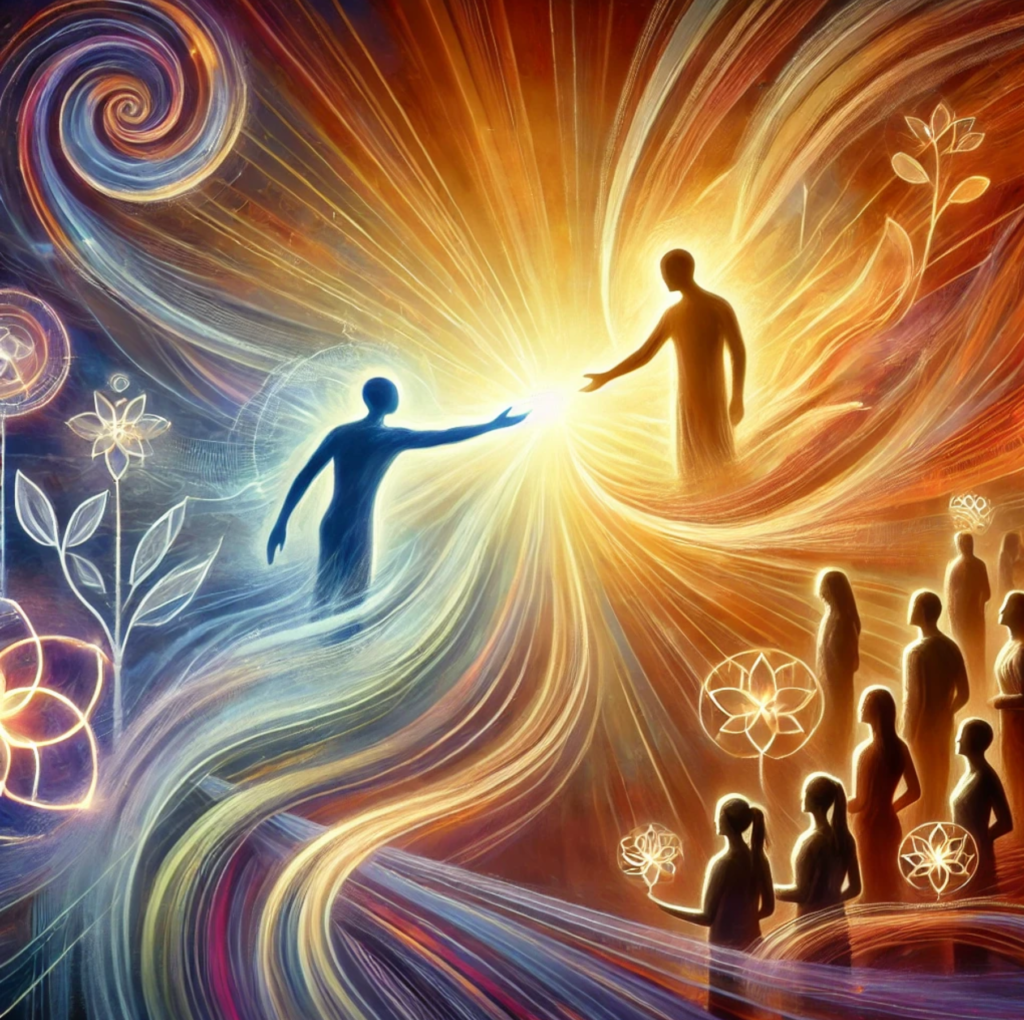Dignity is often described as inherent to being human, yet this perspective misses an essential truth: dignity is not something we merely possess by birthright. Instead, it is something that must be actively brought into existence through recognition. This recognition does not happen in isolation but within the relational contexts of our lives. To recognize someone’s dignity is to affirm their worth and humanity through intentional acknowledgment, respect, and action. Without this act of recognition, dignity remains a dormant potential, unrealized and ineffectual in shaping our shared existence.
Dignity is relational by nature. It depends on the acknowledgment of others to come alive. While we may understand dignity as a theoretical concept, it becomes tangible and impactful only when validated by those around us. In this sense, dignity is not a solitary attribute but a shared experience, one that binds us to each other in our common humanity. When we recognize someone’s dignity, we not only elevate them but also reinforce our own humanity. This reciprocal act creates a dynamic in which mutual respect and acknowledgment foster individual and collective flourishing.
The failure to recognize dignity is not a neutral omission; it carries significant consequences. When someone’s worth is ignored, they are effectively dehumanized. This experience of invisibility erodes their sense of self and can lead to profound emotional and psychological harm. A person who is not seen, heard, or valued may internalize feelings of inadequacy, which stifles their potential and diminishes their ability to contribute meaningfully to their communities. On a broader scale, the absence of recognition fragments societies, creating divisions that weaken the social fabric. Marginalized groups, excluded from acknowledgment, often disengage or resist systems that fail to affirm their humanity, leading to conflict and stagnation.
On the other hand, recognition has the power to transform individuals and communities. When we recognize someone’s dignity, we empower them to embrace their potential. Acknowledgment affirms their existence and significance, encouraging them to take risks, innovate, and engage fully with life. Recognition also deepens relationships, fostering trust and mutual respect. These strengthened bonds create a foundation for collaboration and resilience, enabling communities to thrive. By celebrating the unique contributions of every individual, we unlock the collective potential that propels societies forward. Recognition is not merely an act of kindness; it is a catalyst for growth, innovation, and progress.
Recognizing dignity requires more than abstract goodwill. It demands deliberate action. Listening actively to others, for instance, is a powerful way to validate their experiences and perspectives. When we truly hear and understand someone, we affirm their worth in a tangible way. Similarly, small acts of acknowledgment—such as addressing someone by name, expressing gratitude, or highlighting their contributions—can have an outsized impact on their sense of value and belonging. Beyond these individual actions, recognizing dignity also involves challenging systems and practices that exclude or marginalize. By advocating for inclusivity and equity, we create environments where dignity can flourish for all.
Empathy is another essential component of recognition. To empathize is to connect with another’s experiences, to understand their struggles and triumphs as part of a shared human journey. Empathy bridges divides, fostering a sense of solidarity that reinforces our commitment to affirming each other’s worth. Recognizing dignity also means celebrating diversity, appreciating the unique strengths and perspectives that each person brings to the collective whole. Diversity is not a threat to unity but a vital source of richness and resilience. When we honor the differences among us, we strengthen the bonds that hold us together.
The Emergent Self thrives in an environment where dignity is recognized and celebrated. As individuals, we have the power to shape such an environment through our daily actions. This requires intentionality, the conscious effort to see and affirm the humanity in others. It also demands courage, the willingness to speak out against practices or behaviors that diminish dignity. Finally, it calls for consistency, making recognition a habitual part of how we interact with the world. By committing to these principles, we contribute to a culture where dignity is not merely an abstract ideal but a lived reality.
Recognizing dignity into existence is more than a moral obligation; it is the foundation of a humane and thriving society. When we affirm the worth of others, we elevate not only them but also ourselves, creating a ripple effect that transforms relationships, communities, and the broader world. The Emergent Self is not an isolated journey but a shared endeavor, one in which our collective humanity is realized through the dignity we extend and receive. By embracing this vision, we can shape a world where every person’s value is seen, celebrated, and upheld in meaningful ways.

